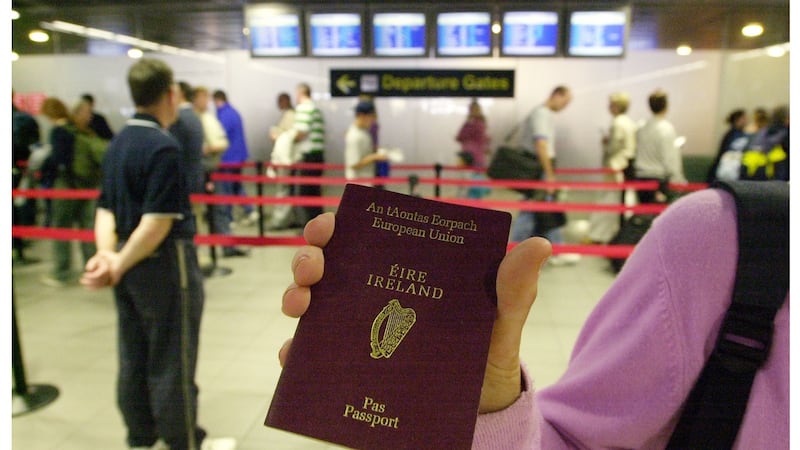Gardaí and Airport Police have no legal powers to end the flight of a drone causing a hazard at airports in the Republic, and security sources have told The Irish Times once a drone was in the air it could only be halted by gardaí if they were able to find its operator and take the controls.
The legal lacuna is unlikely to be addressed soon as new legislation being prepared by the Department of Transport was not yet completed and also faces a period of legislative scrutiny before being readied for enactment. In reply to queries, the department confirmed “there is no specific legislation in place that provides for the immobilisation or destruction of a drone on civil aviation safety grounds”.
Informed sources said the Garda was “way behind” developments in Britain, where police have the equipment required to jam a drone signal, resulting in it crashing to the ground or flying to a specified location. It means any drone posing a danger, or security threat, can be instantly halted by aiming a piece of equipment – similar in appearance to a large firearm – at the drone to break the operator’s control over it.
In the wake of flights being grounded for short periods last weekend at Dublin Airport due to three reported drone sightings, Minister for Transport Eamon Ryan met with Garda officers, the Irish Aviation Authority and management at the airport, and conceded the equipment required to forcibly bring down drones was not available in the Republic.
RM Block
However, security sources also confirmed that even if the required equipment, which is being used across the world, was acquired immediately, the lack of appropriate legislation means gardaí and other State agencies would not have the power to use it.
[ The Irish Times view on the State’s response to the dangers of technologyOpens in new window ]
[ Ryan to ask for military-level technology to ‘take down’ dronesOpens in new window ]
In reply to queries, the Department of Transport pointed out that gardaí had a range of powers to investigate and charge rogue drone operators. It added that under the Irish Aviation Authority Act 1993, the penalties for illegal use of drones, including flying within a 5km zone around airports, included fines of up to €500,000 and imprisonment for up to seven years. It added a new “policy framework for unmanned aircraft systems” was being formulated, “including exploring the potential for enhanced technological solutions”.
Bob Foley, a licensed aircraft engineer turned professional drone operator, and chairman of the Unmanned Aircraft Association of Ireland (UAAI), said information about how drones should be flown safely was currently presented in very lengthy, “dense” documents. These were designed for those already familiar with the aviation sector and this needed to change, as so many members of the public, with no aviation experience, were now buying drones.
Furthermore, police in Britain had significantly stepped up their knowledge of drone-related law after flights were grounded at Gatwick Airport in London for more than 30 hours in 2018. The Garda now needed to undergo the same reform – many gardaí were not familiar with drone-related laws in the Republic, and they were also not comprehensive enough.




















